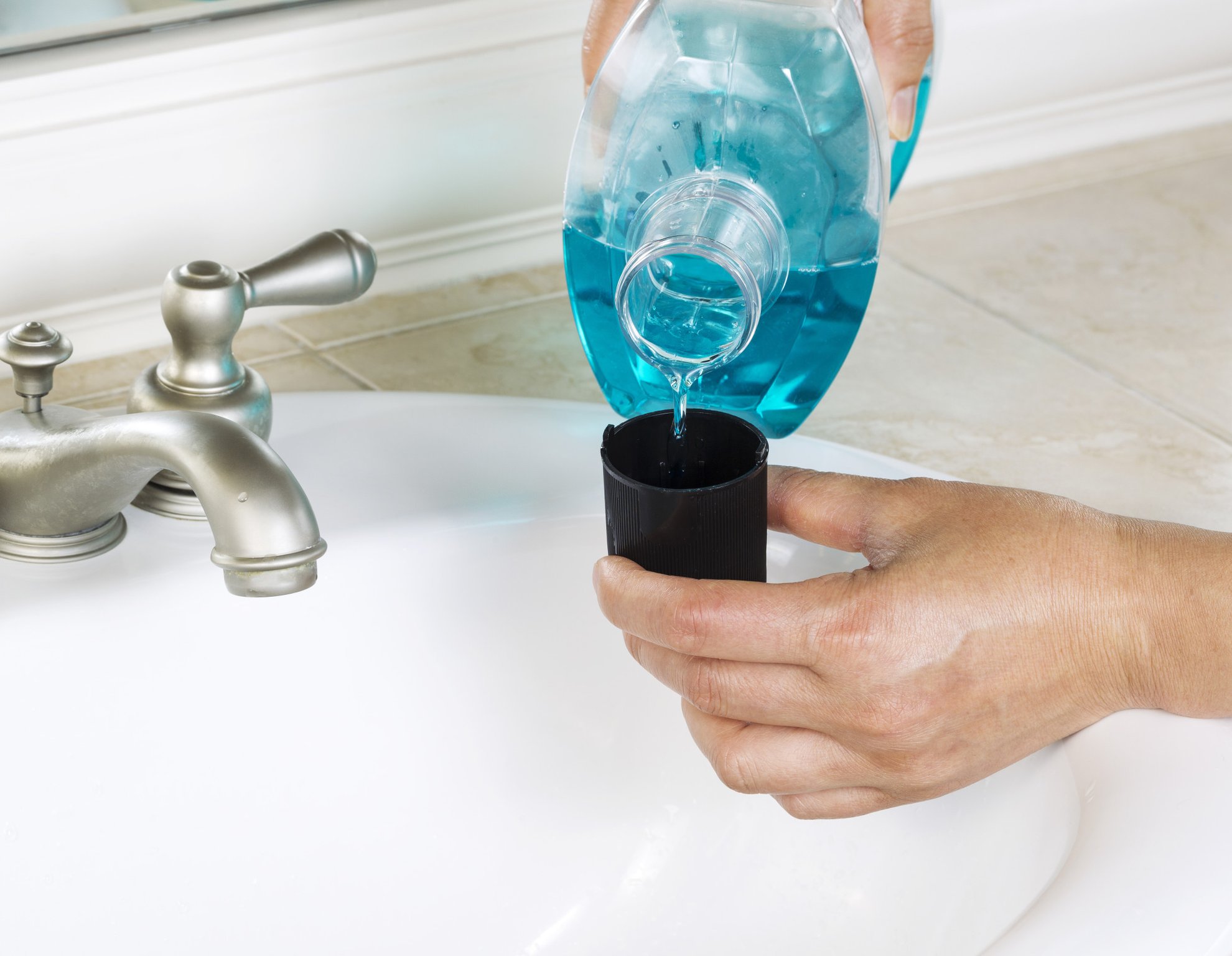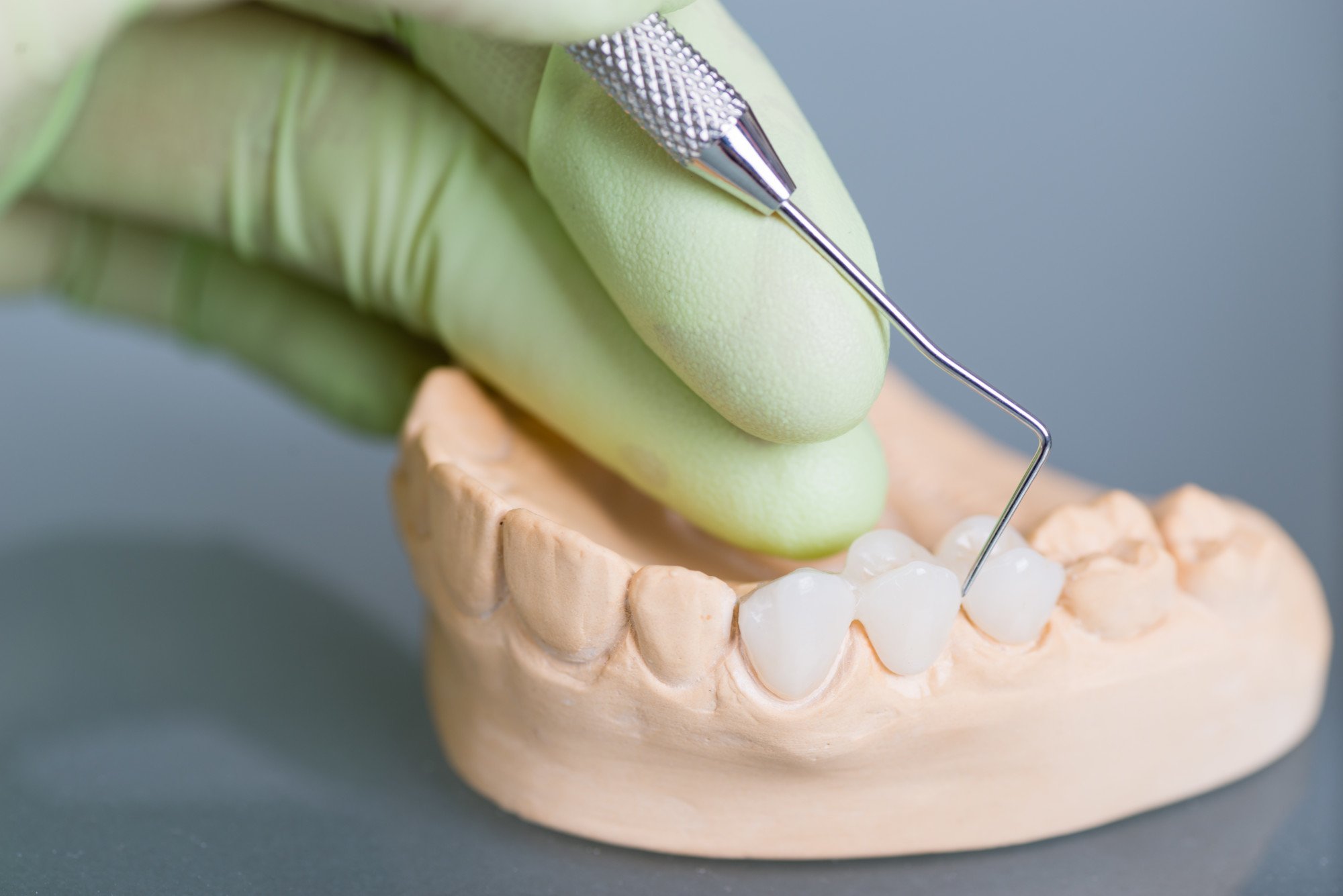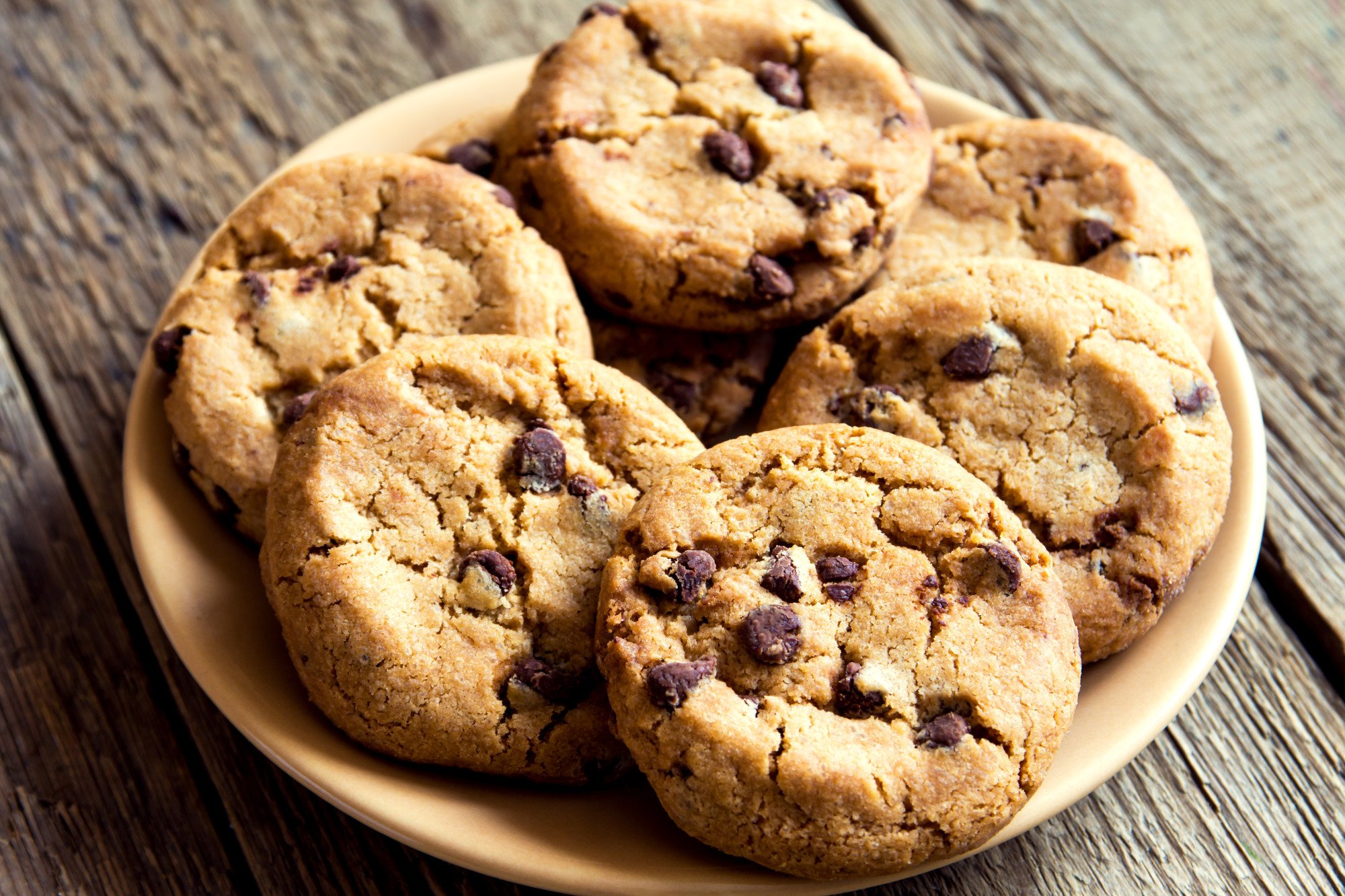
When it comes to taking care of your pearly whites, brushing and flossing are the first things that come to mind. But what about mouthwash? Is it a superhero in your oral care routine, or just an optional sidekick?
If you’ve ever wondered, “Is mouthwash necessary?” or “Does it have any drawbacks?” you’re in the right place. In this article, we’ll dive into the world of mouthwash. Get ready to uncover the secrets of maintaining a healthy smile!
Is Mouthwash Necessary?
The answer to this is yes. Mouthwash isn’t just a refreshing swish-and-spit routine; it can pack a punch in the fight against cavities and gum disease. Using a fluoride mouthwash can help strengthen your teeth and prevent cavities by providing an extra layer of protection.
Additionally, certain mouthwashes are designed to combat gum disease, reducing inflammation and the risk of infection. Incorporating mouthwash into your daily oral care routine can be a valuable step in maintaining optimal dental health.
When to Use Mouthwash
So, when to use mouthwash? While brushing and flossing are must-dos after meals, mouthwash can be a flexible addition to your routine. Many people choose to use mouthwash after brushing and flossing, as it can help rinse away any lingering bacteria.
It’s also a great option for times when you can’t brush your teeth immediately after eating. Using mouthwash after meals can give you a fresh feeling and reduce the risk of plaque buildup.
Frequency Matters
Just like with any good thing, moderation is key. Using mouthwash too often can lead to potential drawbacks. It’s recommended to use mouthwash once or twice a day as part of your oral care routine.
Overusing mouthwash can disrupt the natural balance of bacteria in your mouth, affecting the environment that helps keep your teeth healthy. Remember, a balanced approach is the way to go!
Potential Side Effects
While it has its benefits, it’s important to be aware of the potential side effects of mouthwash. Some mouthwashes contain alcohol, which can lead to dry mouth and a burning sensation for some users. If you experience any discomfort while using mouthwash, consider switching to an alcohol-free version.
Additionally, using mouthwash excessively or swallowing it can lead to an upset stomach. To avoid this, make sure to spit out the mouthwash after swishing. If you’re looking for more dental insights, check out this dental blog for expert tips and advice.
A Balanced Approach
In the grand scheme of oral care, mouthwash is a valuable tool, but it shouldn’t be your only line of defense. Regular brushing and flossing remain essential components of maintaining healthy teeth and gums. Think of mouthwash as a complement to your routine, offering an extra layer of protection and freshness.
If you’re unsure about which mouthwash is best for you, consult your dentist for personalized recommendations.
Mouthwash in Focus
So, is mouthwash necessary? In the quest for a radiant smile, mouthwash emerges as a potential hero, aiding in the battle against cavities and gum disease. When used correctly and in moderation, it can provide an extra boost to your oral care routine. Whether you choose to use it after brushing, as a quick refresher, or for its specialized benefits, the key is finding the right balance.
Just remember, while mouthwash can be a valuable addition, it’s not a standalone solution. Keep brushing, flossing, and regular dental checkups in the mix to ensure your smile stays healthy and captivating.
If you think this article is helpful, check out our other blogs!





